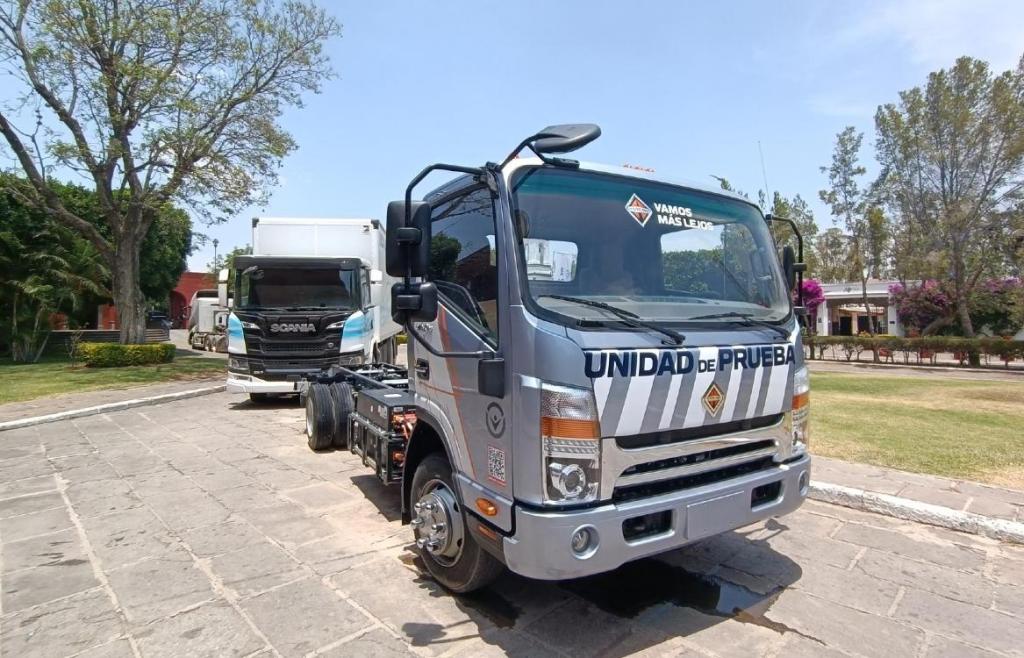
While the role of authorities and vehicle manufacturers is crucial in achieving zero-emission mobility in Mexico, one of the decisive factors for the adoption of clean energy is the companies that use freight transport.
Leonardo Gómez, CEO of the National Association of Private Transport (ANTP), emphasized the need to understand the purpose of distribution vehicles, long-haul transportation, and automobiles to distinguish the necessary actions for transitioning to cleaner energies.
“Our goal is to improve the environment, which is why one of the proposals we continue to make at ANTP is the renewal of the vehicle fleet for long-haul transportation. Another recommendation is the use of double-articulated vehicles, as they are the most efficient, safe, and environmentally friendly. We also need to promote a decarbonization and energy efficiency action plan, based on the reality in which we live,” defined Gómez during his participation in the Sustainable Mobility Forum organized by the Private Sector Studies Commission for Sustainable Development (Cespedes) and the Business Coordinating Council (CCE).
The ANTP executive pointed out that, although companies’ decisions are focused on continuous improvement and transitioning to cleaner energies, a significant obstacle is the lack of public policy that provides clear direction and establishes objectives to be achieved regarding zero emissions, not only concerning electric vehicles but also in anything that improves the movement of goods.
Gómez mentioned that one option to increase the range of electric vehicles for freight transportation today is to increase the number of batteries; however, this compromises payload, impacting business profitability.
In the same line, the ANTP representative highlighted battery integrity over the years as a pending issue. Gómez questioned the recharge capacity of batteries in the future.
Another obstacle to the adoption of electric vehicles for transporting goods is the charging time, which can take a minimum of two to three hours. “(…) it is no longer profitable. Freight transport vehicles are, if possible, designed to work 24 hours a day, seven days a week,” he commented.
“We recognize and seek efficiency and productivity because this is business for everyone, both for those who sell electric vehicles and batteries, and for those who use the vehicle. In this regard, we must make it sustainable and viable,” Gómez affirmed.
He also emphasized that ANTP-affiliated companies will continue to work and invest in pilot programs with manufacturers to establish the key elements for achieving an energy transition in the short term, “where we all win,” he added.
He also stated that as an industry, there is an obligation to approach deputies and senators so that with facts and data, information is shared for making the best decisions. “They are not specialists in this, therefore, we have an obligation to participate and work together so that public policies are efficient and realistic,” he expressed.














